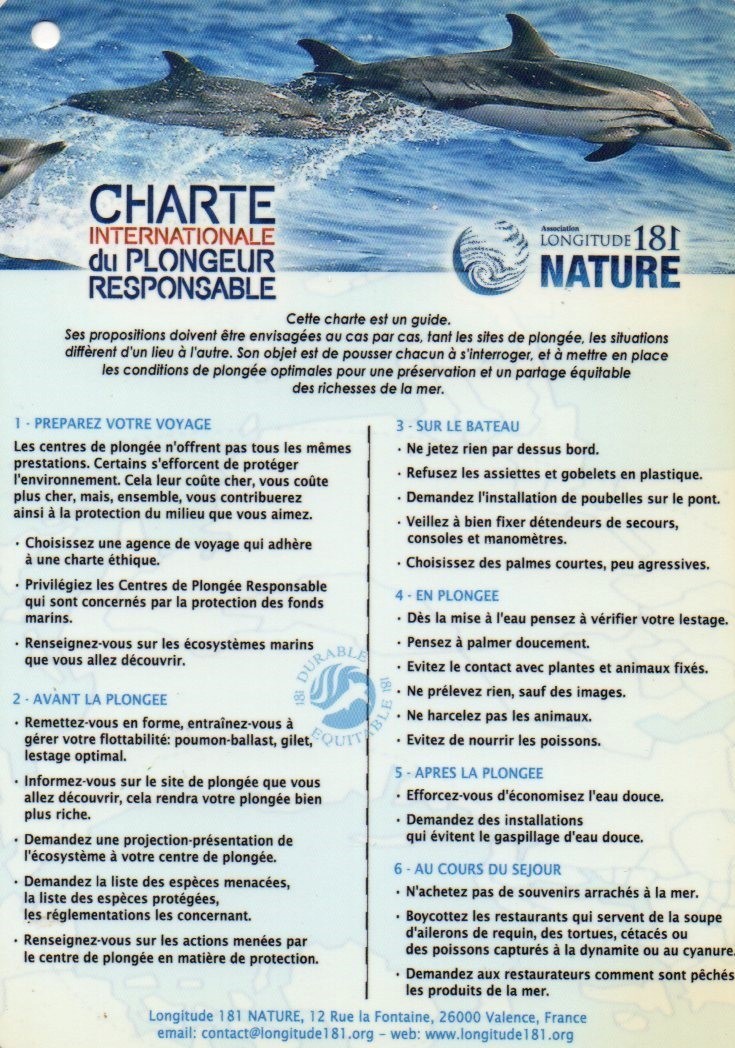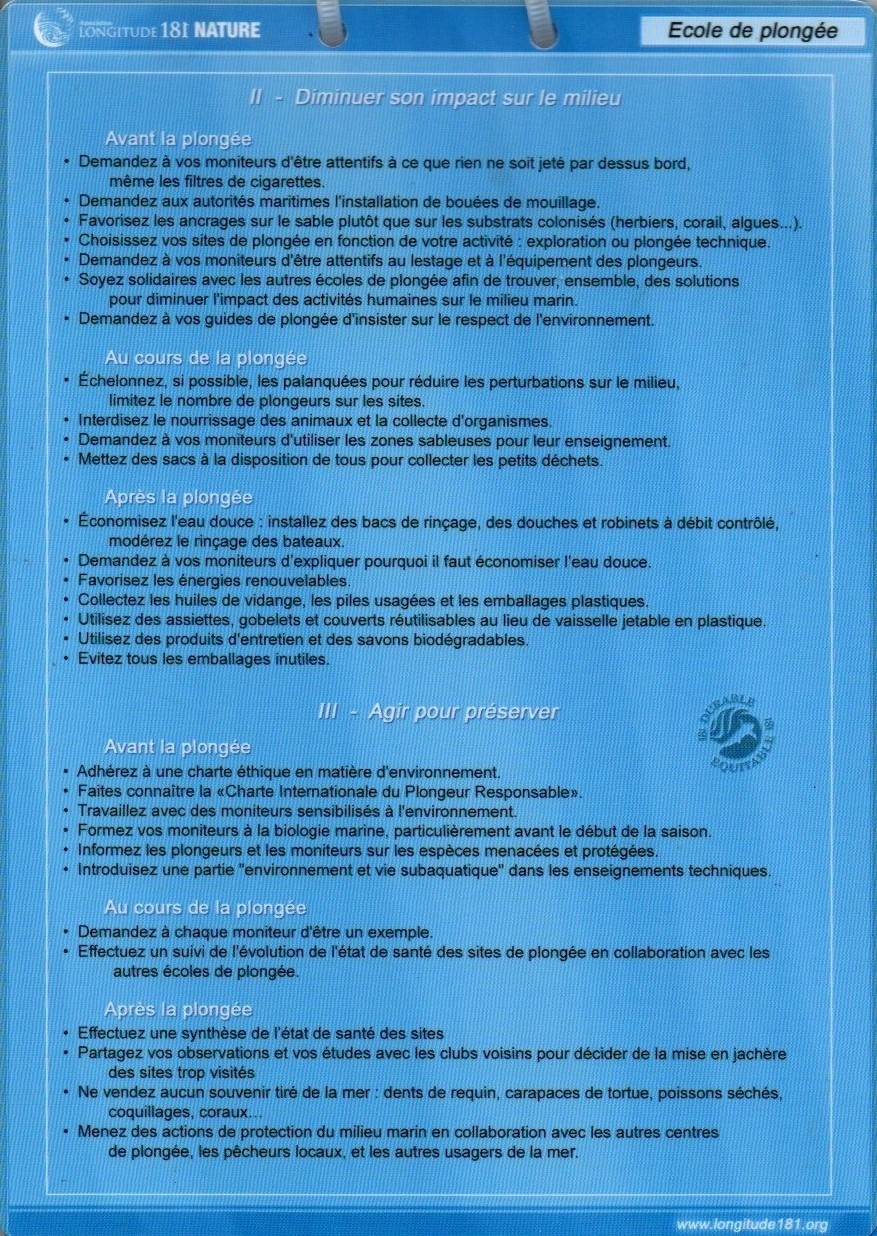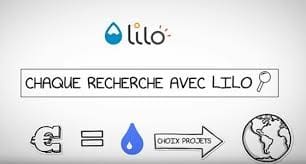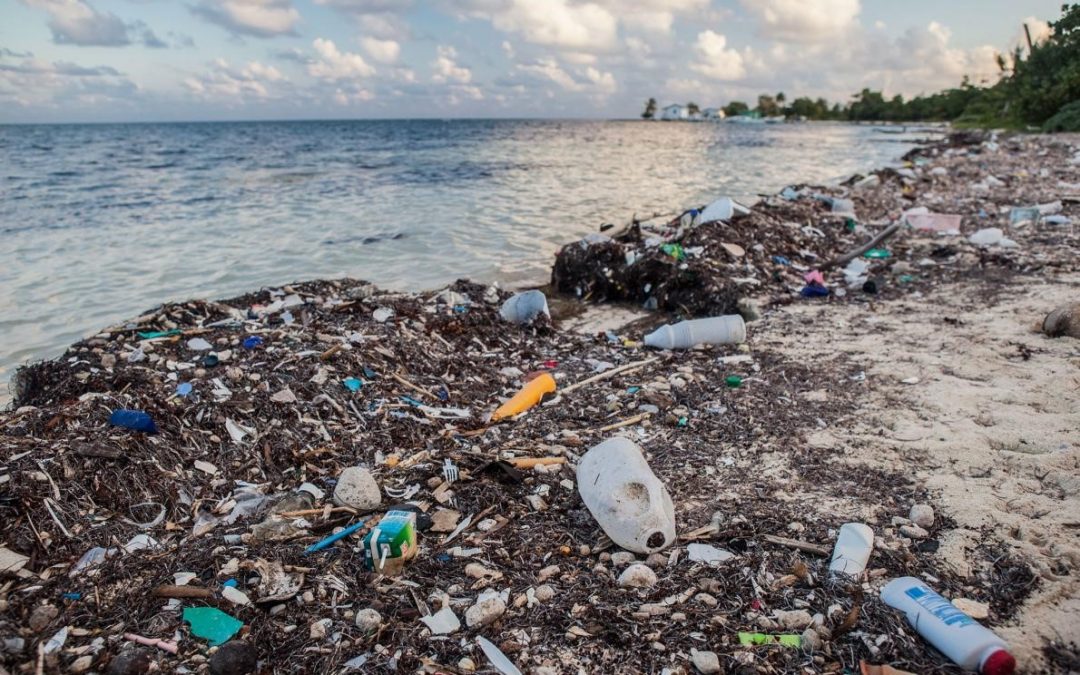Indonesia has a real pollution problem, particularly in Bali, with a higher concentration of tourists, with 13,000 cubic metres of waste dumped into landfills every day, and only half of it is recycled. In Indonesia, waste is not collected or when it is collected, trucks simply collect the waste and dump it in the nearest river or forest. Balinese are forced to bury or burn their waste, which pollutes the air and groundwater.
Bali Dive Trek therefore implements actions to respect the environment. Plastic being a big problem, the availability of only two bottles of water in each room is intended to limit the over-consumption of new bottles. Customers will therefore fill them once they are finished, using a water braid made available. We have committed to completely stopping the use of bottled water in 2017, after signing a charter with “Bali Waze” and “Clean The Ocean” for the Ocean Diveathon 2017 project.
Bali is increasingly concerned about the environment and waste sorting, they are still incinerated but there are now sorting centres for recycling. As a result, we sort plastic, glass, organic and cardboard in order to give them a second life. We therefore hire someone to regularly bring the waste to the sorting centre. Nearly 90% of the world’s domestic and industrial waste is discharged into the natural environment without any purification, thus modifying the living conditions of the animals and plants that inhabit them. The use of a septic tank is also beneficial for the environment, this system makes it possible to store wastewater in order to avoid pollution of land and rivers.
Concerning batteries, being a diving center, we use a lot of batteries for equipment such as watches, lamps, cameras… Bali not being developed on this ecological branch, we try to evacuate the batteries used as best we can by sending them back to specified sorting centres.
Indonesia is the second country to release plastic into the oceans. Of the eight million tonnes of plastic waste that ends up in the world’s oceans every year, straw is certainly not the most common. However, this small thin tube, whose uselessness for drinking drinks is at the heart of a growing environmental campaign to raise awareness against the use of straws to save the oceans. A video from 2015 that can be viewed below in which scientists remove a straw found in the nose of a sea turtle has made a lot of headlines. That is why our company Bali Dive Trek uses glass straws in its hotel center in order to reuse them to avoid this problem of waste and damage to biodiversity. We will also ensure that we reduce the consumption of plastic bags by, for example, shopping in an intelligent way, like buying and transporting purchases in cardboard packaging and without over-packaging as for dishwashing liquid for example, buying everything in bulk in the form of jerricans in order to limit the over-consumption of small plastic.
As a responsible hotel complex, we try to make our actions responsible because we are aware that tourism has an impact on ecology. Just like our diving center we are responsible, in partnership with Longitude 181. We educate our divers to limit environmental damage and keep our ocean healthy.


LILO

Like most search engines, Lilo generates money through sponsored links at the top of the results list. With each search generated, the Internet user will earn a symbolic drop of water. This drop of water represents the money generated by research. Then, the Internet user will be able to choose to which project he wants to give his drops of water. Finally, Lilo transforms all these drops of water into funds for the projects concerned. Best of all, Lilo finances a carbon neutral balance sheet for its research, which means that Internet users limit their ecological impact by using Lilo, while supporting projects without paying a single euro or changing their habits.
Bali Dive Trek uses this search engine, you too make this gesture! For a world that is more united and concerned about our planet.

